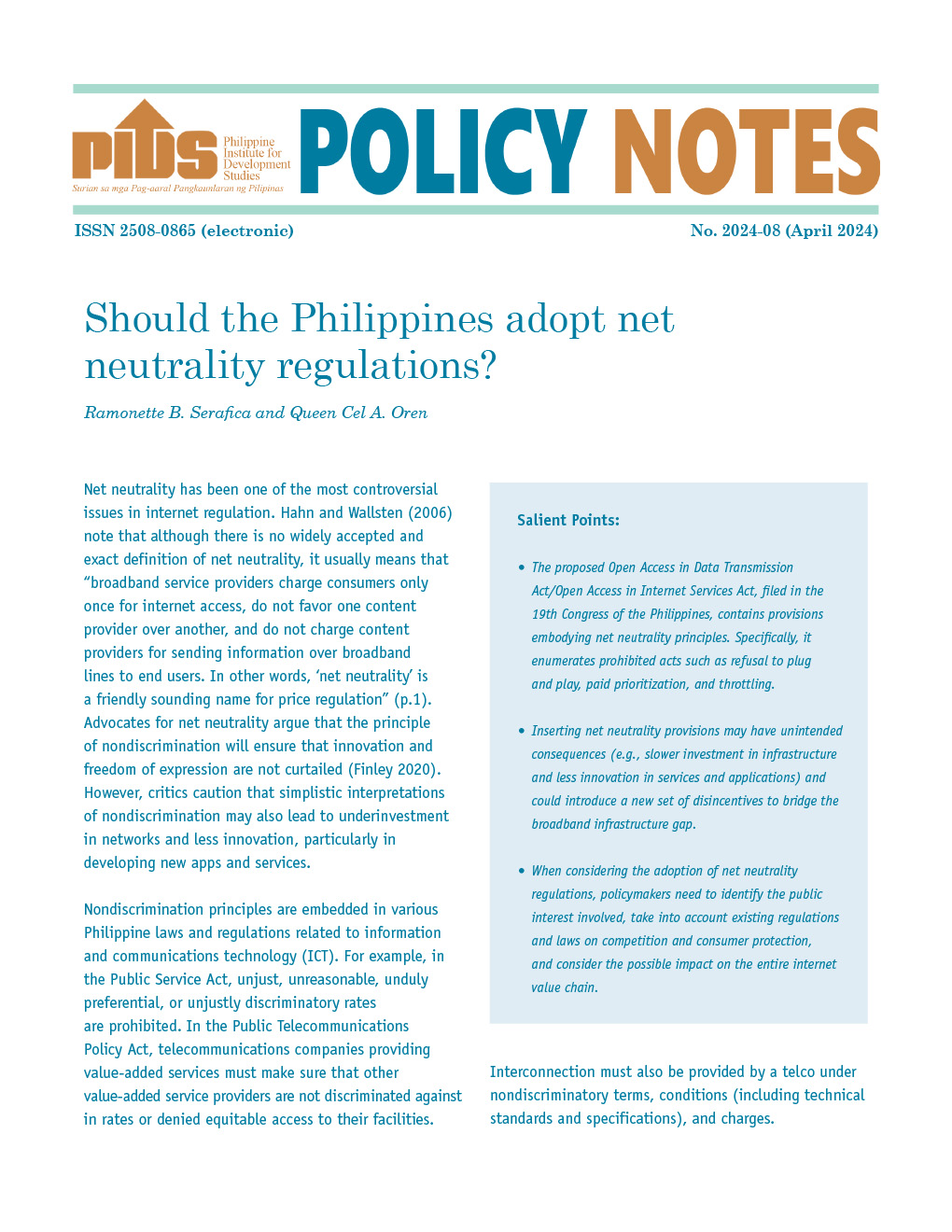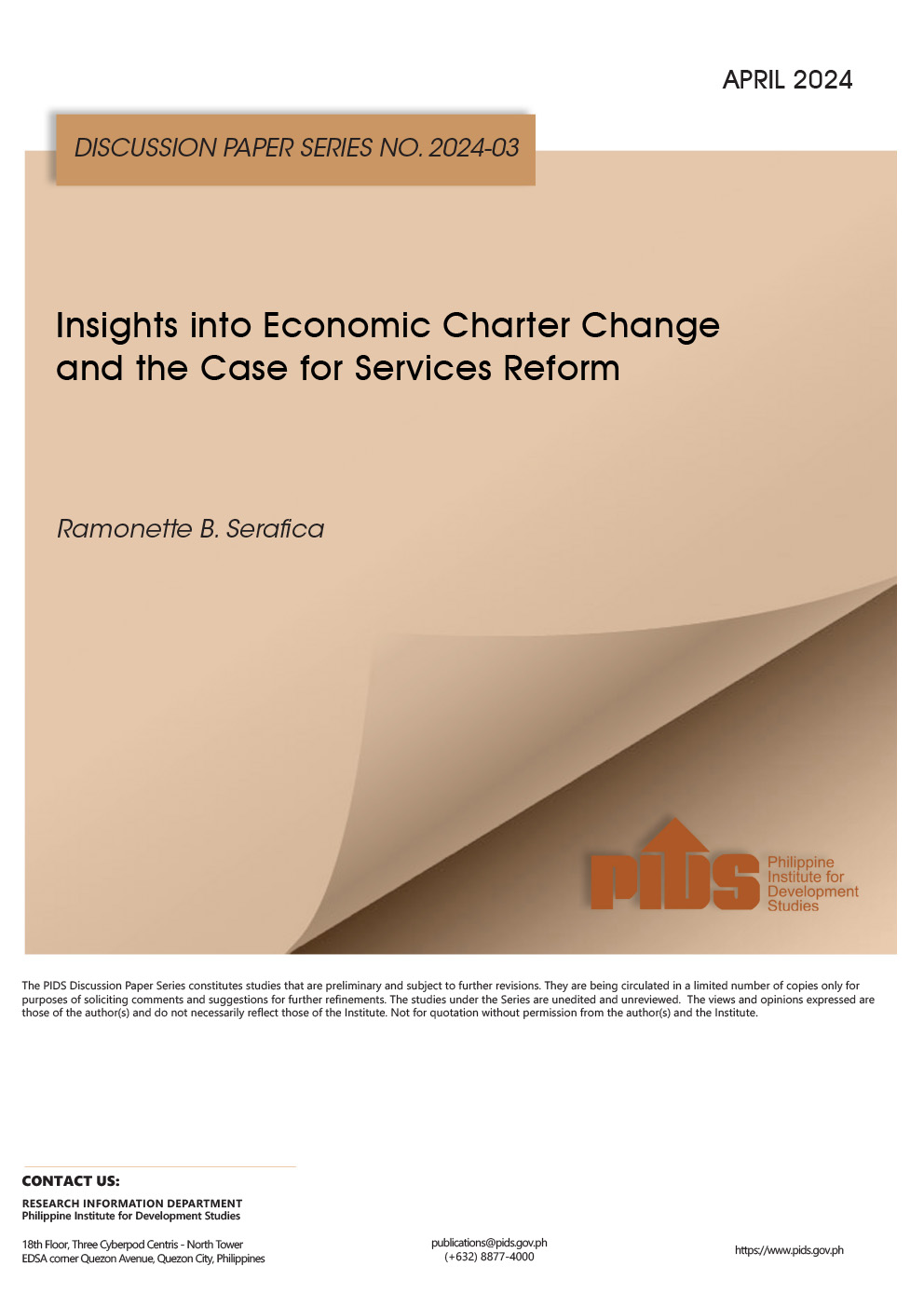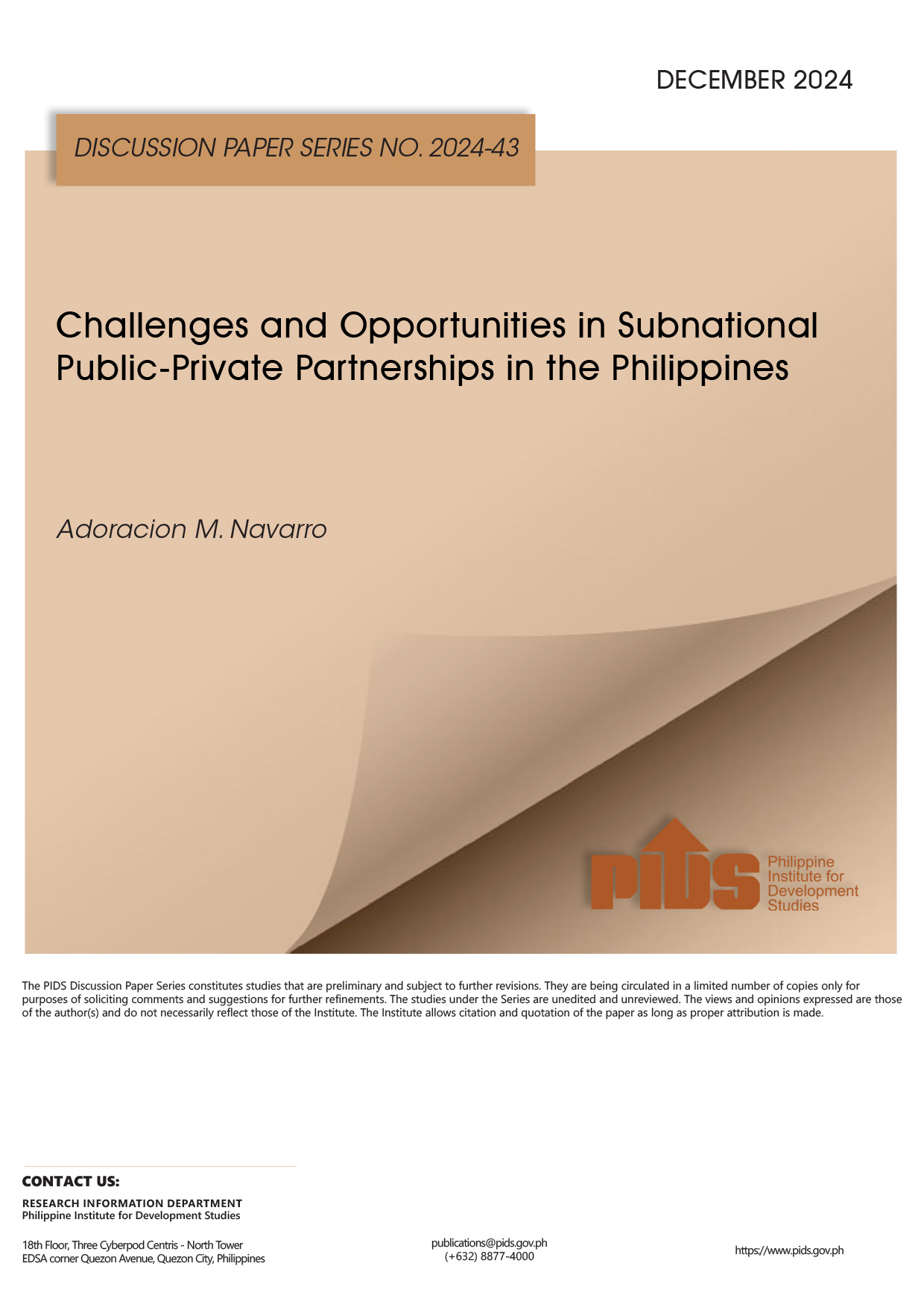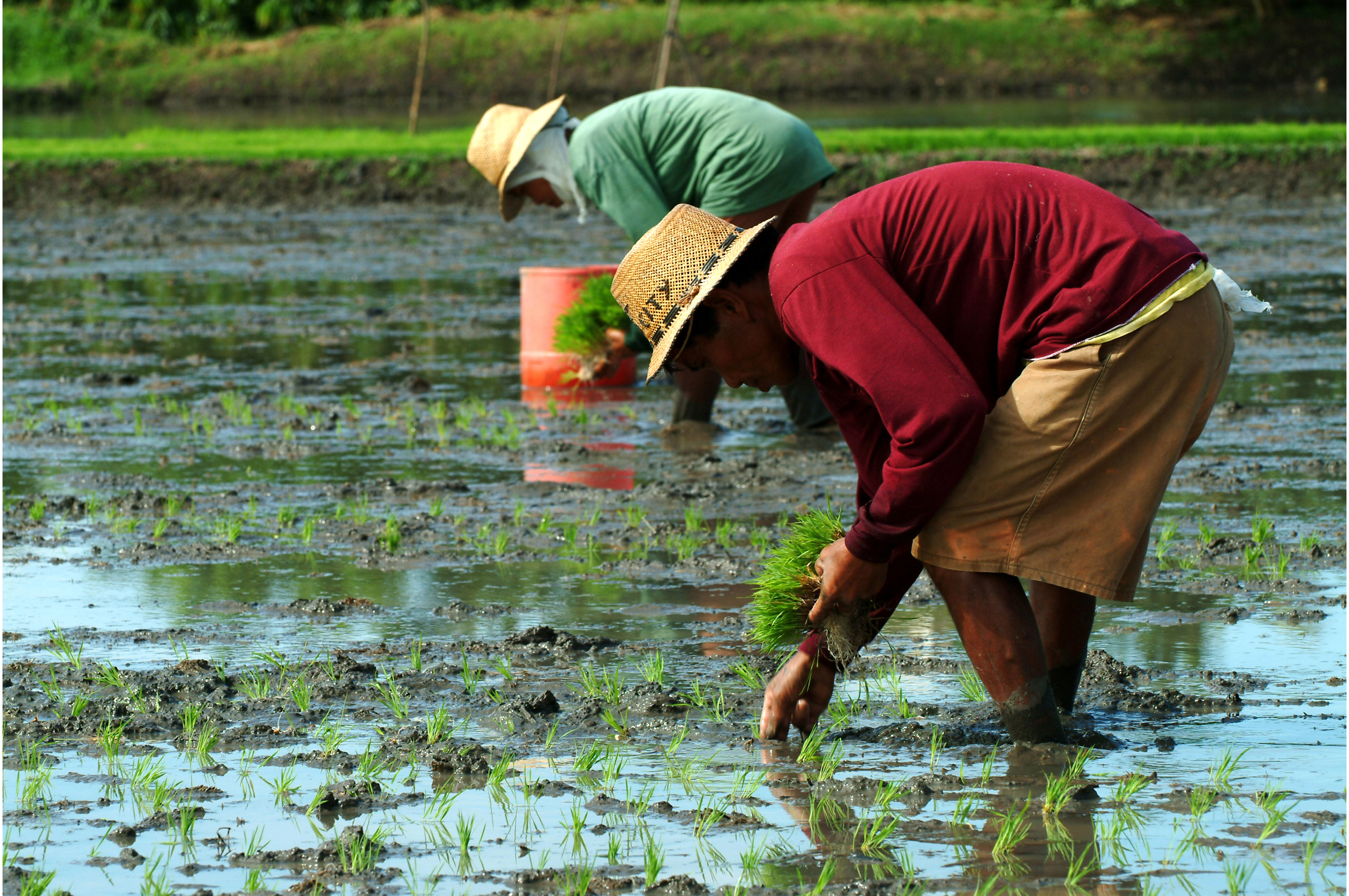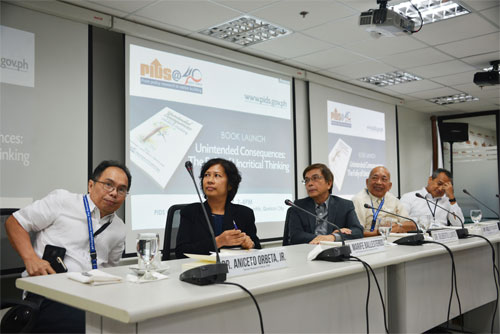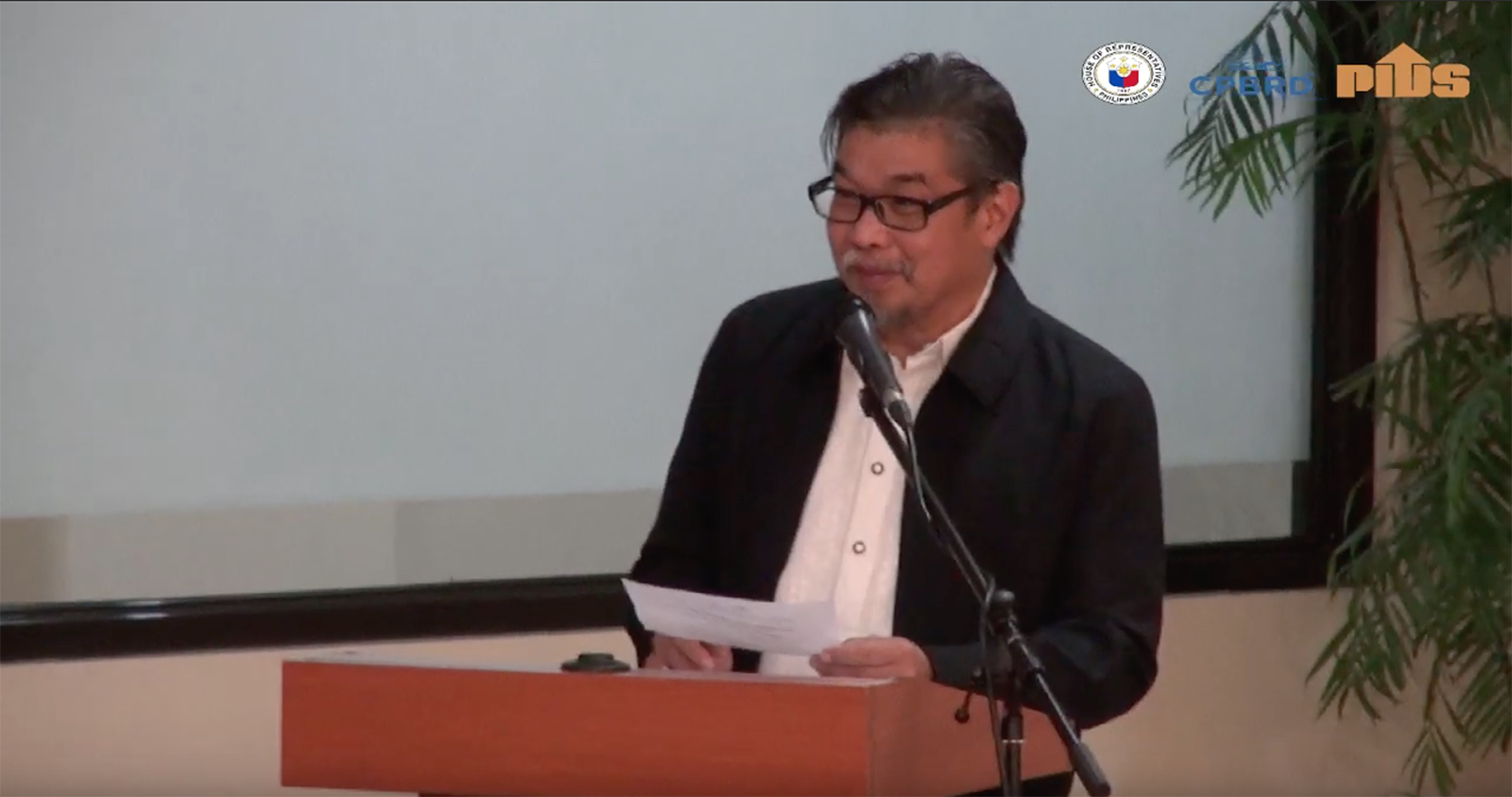Vietnam is questioning the government requirement for an import permit to allow the entry of imported rice. The Vietnam Food Association (VFA), Vietnam’s regulatory body for rice exporters, said import permit from the National Food Authority (NFA) is not necessary as quantitative restrictions (QR) on rice importations can no longer be implemented pursuant to the World Trade Organization (WTO) — General Agreement on Tariffs and Trade (GATT) that the Philippines had signed.
In a letter coursed through Customs Commissioner Ruffy Biazon last Oct. 22, VFA representative Pham Van Bay said: "We are of the position that WTO QR on rice entering the Philippines has indeed expired on June 30, 2012 and as a member country of the WTO we are aware that the WTO QR in favor of the Philippines has not been extended.” While the DA insists on negotiating for another extension, other agricultural groups expressed concern that this may be pursued at the expense of the livestock and poultry sectors. Hog raisers said tariffs on meat products were reduced "as concession” for the retention of QR on rice from 2007 to 2012. The NFA has been questioned for seizing rice shipments in the Port of Davao. Silent Royalty Marketing and Stracraft International through lawyer Benito Salazar said: "Unless the Philippines is ready and willing to admit publicly that it has no intention of complying with its commitments under the WTO, it has no choice but to allow importation of rice without QR. "If your good office insists to the contrary, then the country should be properly informed and advised to prepare for dispute cases to be initiated by WTO members and the possible sanction that will be imposed.”
Salazar provided reporters in Manila copies of the VFA latter to Biazon in a press conference over the weekend. The DA’s Food Staples Self-Sufficiency Program (FSSP) recommends that the country allow the expiration of QRs by 2012. Economist Roehlano Briones from government think tank Philippine Institute for Developmental Studies (PIDS) had proposed the same for consumers to benefit from cheaper rice."Competition gives farmers an opportunity to improve efficiency, raise competitiveness, or even shift to other commodities, which can offer them greater returns, such as high-value crops,” he said.

